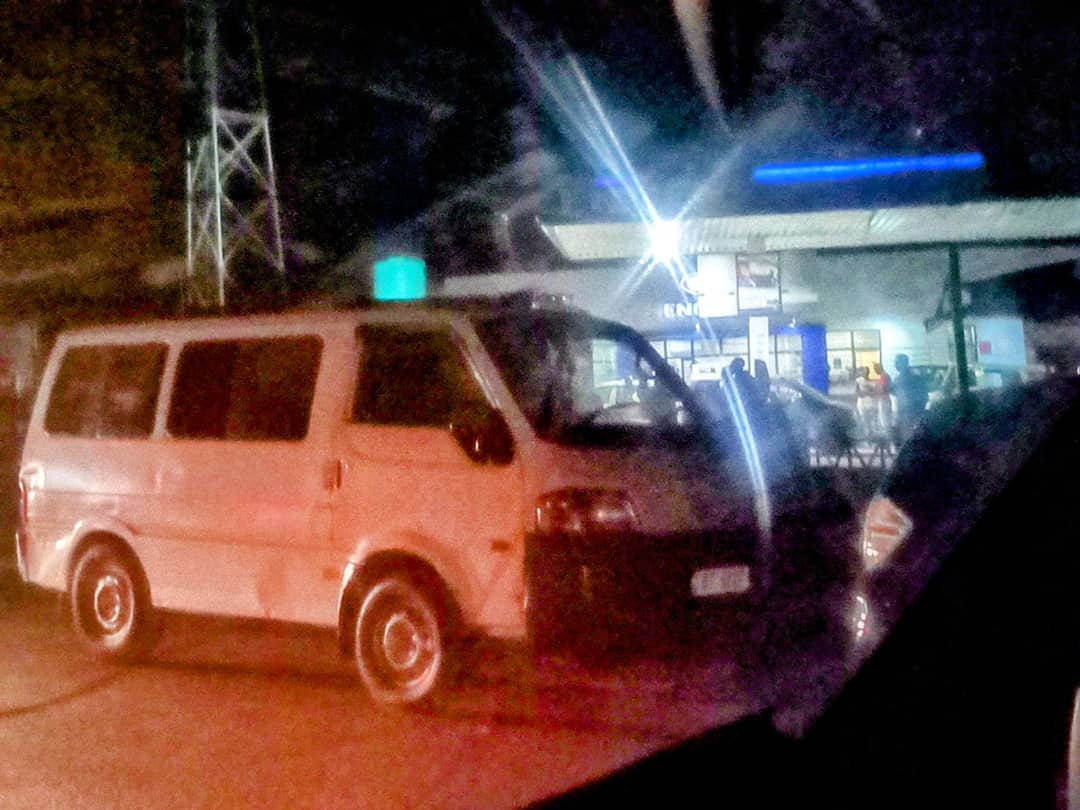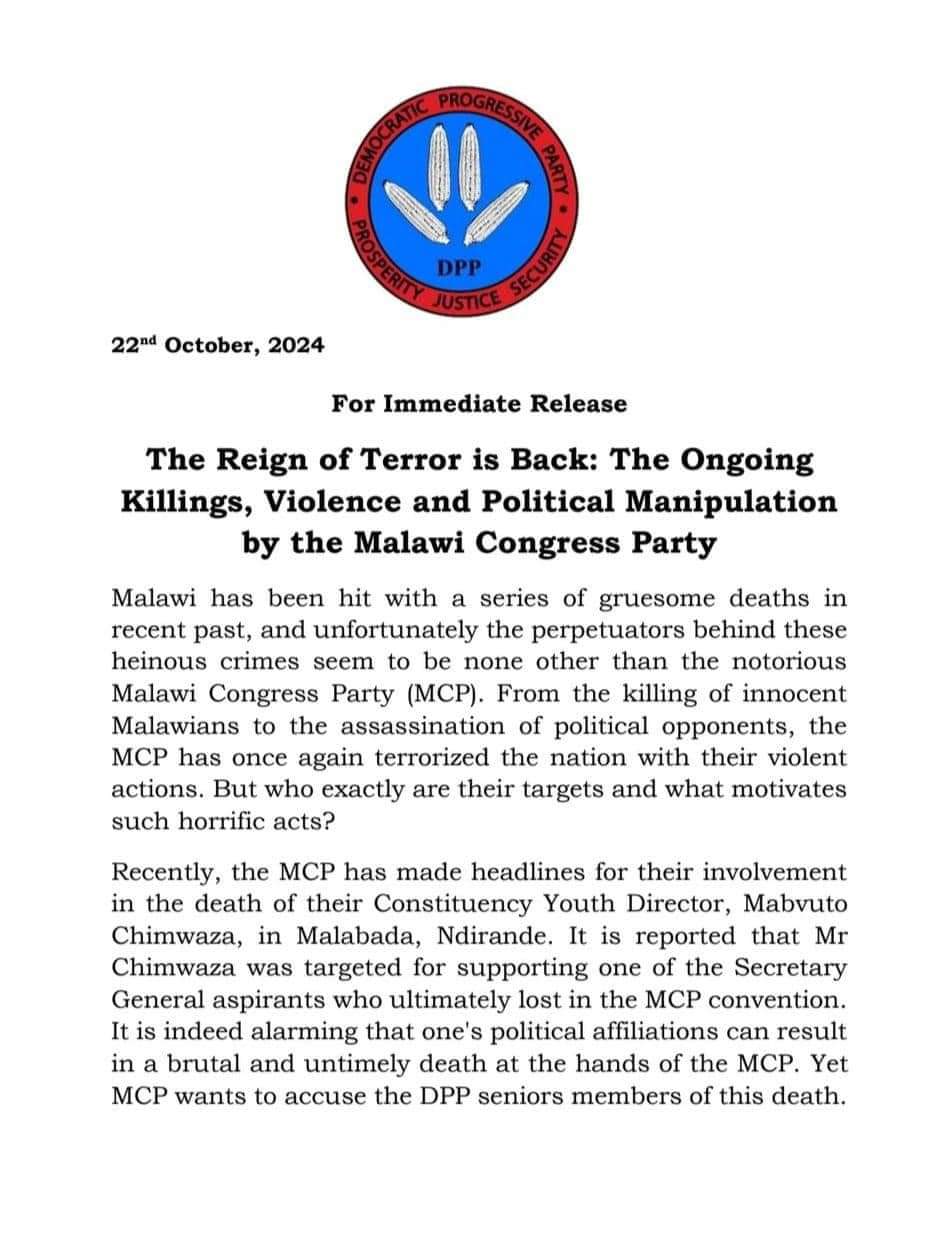By Burnett Munthali
The struggle for fuel in Lilongwe is becoming more severe by the day, with scenes of desperation and chaos now defining life in Malawi’s capital city.
On the night of Friday, 16th May 2025, Malawi Freedom Network documented a series of dramatic images from various filling stations across Lilongwe, capturing the full scale of the ongoing fuel crisis.
These images showed long, winding queues of vehicles, stretching for hundreds of meters, as motorists waited anxiously for a chance to refuel.
The atmosphere was tense, as drivers and passengers sat in uncertainty, unsure whether the fuel would last until it was their turn.
Filling stations in areas like Kawale, Area 18, City Centre, and Area 25 all showed the same grim reality—frustrated citizens clinging to hope in the face of worsening scarcity.
For many, the night was spent inside vehicles, sleep replaced by watchful eyes and conversations about Malawi’s economic direction.
What was once an ordinary activity—buying fuel—has now become a gamble, where time, patience, and even physical safety are put at risk.
Public transport operators have been particularly hard-hit, with minibus drivers lining up for hours just to secure enough fuel to run their daily routes.
Commuters are also suffering, with fare hikes becoming routine and unpredictable transport schedules affecting workers, students, and the sick.
This crisis has exposed serious vulnerabilities in the country’s fuel supply chain and raised pressing questions about foreign exchange availability, import policies, and national reserves.
The government has yet to offer a convincing roadmap out of the crisis, leaving citizens with growing doubt about the leadership’s ability to restore stability.
Fuel scarcity is not just a logistical issue—it is a socio-economic emergency with direct consequences for productivity, food distribution, healthcare, and security.
As the images from the Malawi Freedom Network show, the people of Lilongwe are not just running low on fuel—they are running low on hope.
A solution is urgently needed before these long queues turn into widespread discontent and social upheaval.
The time to act decisively is now, not later, because the dignity of a nation is on the line every night fuel is nowhere to be found.





